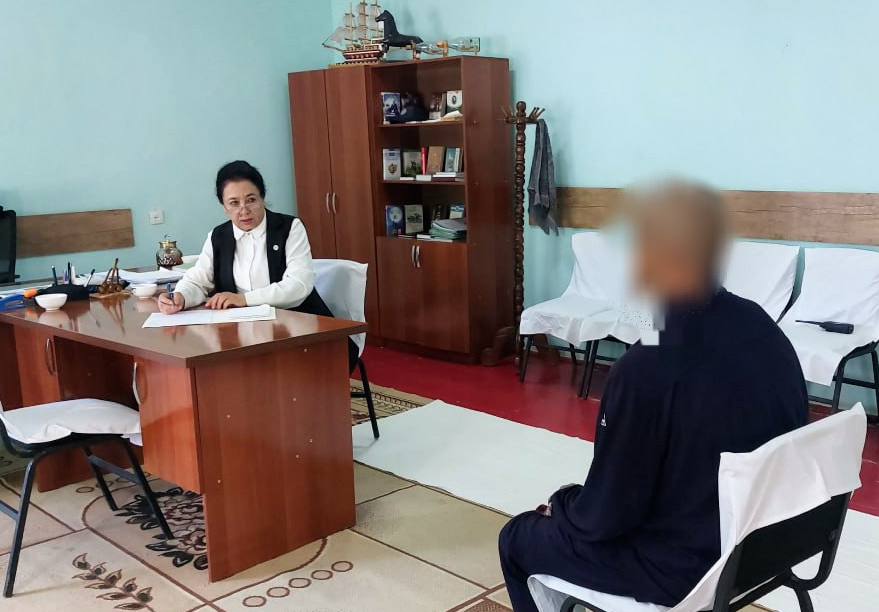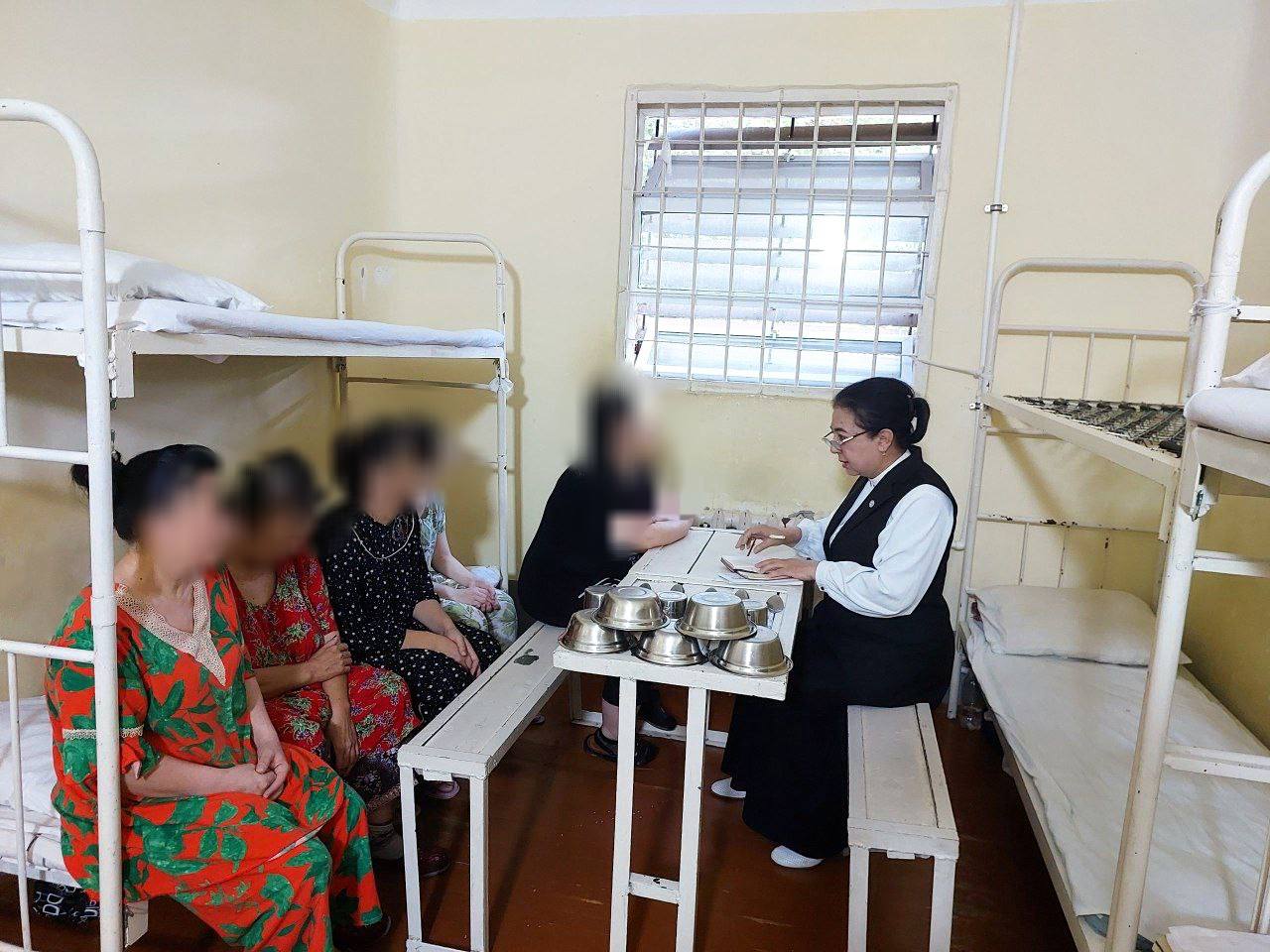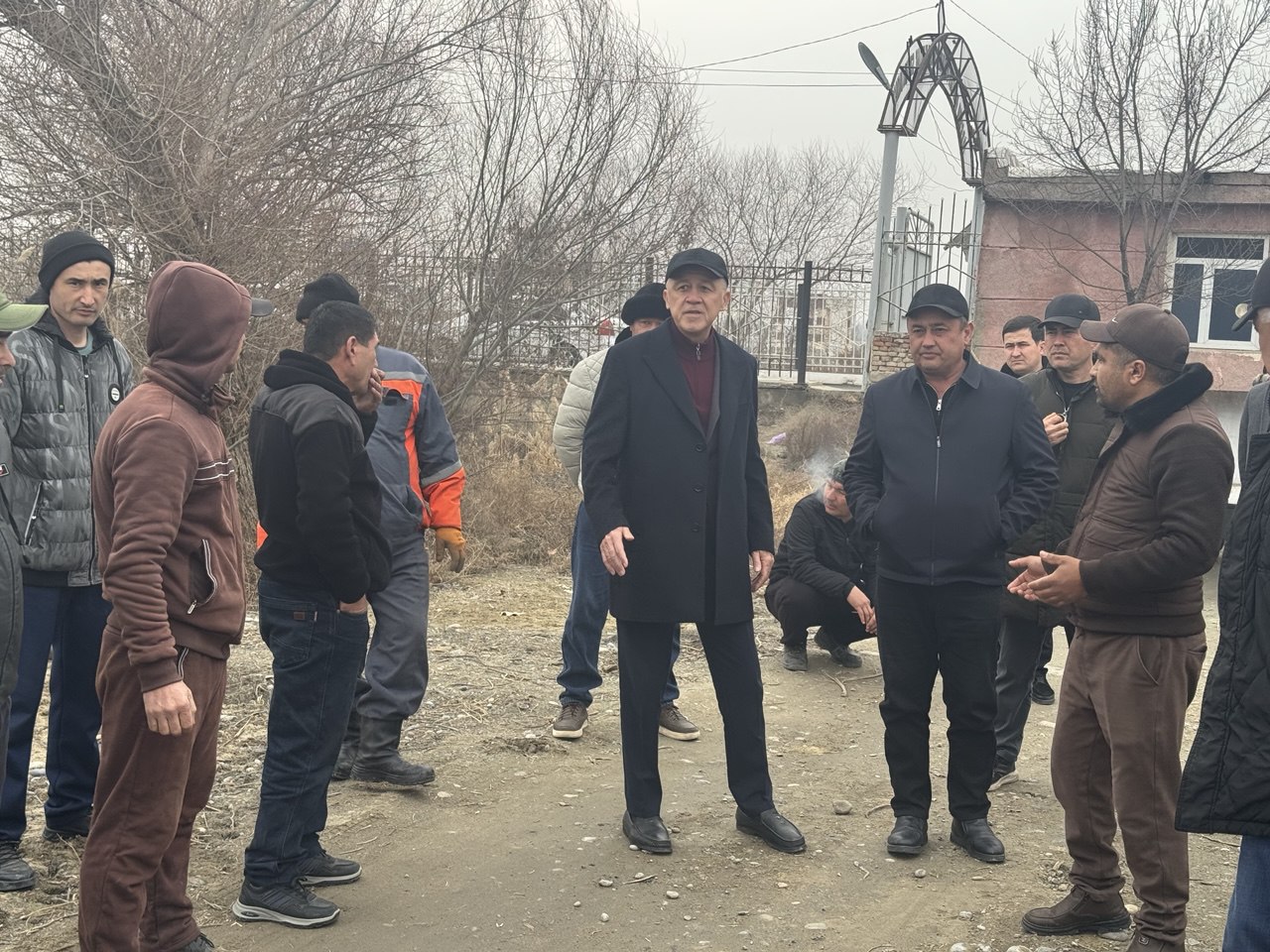The monitoring examined the living conditions, nutrition, labor, and access to medical services of individuals held in the mentioned institutions.
At Penal Colony No. 17, the conditions in long-term visitation rooms were also studied. It was found that an additional five rooms had recently been built, bringing the total to 15. However, even this number remains insufficient for the overall number of convicts, creating difficulties in ensuring the frequency of visits. As reported to the Ombudsman, the issue of constructing additional visitation rooms has been included in the expenditure estimate for the fourth quarter of 2025.
During individual meetings with convicts, their appeals were received. In particular, one convict with a hearing impairment requested assistance in receiving treatment in a hospital. This appeal, along with his medical data, was studied with the representative of the medical unit, and measures were taken for his treatment in a specialized hospital for convicts. Another convict appealed regarding social assistance for his three minor children. This matter was resolved with the assistance of the Ombudsman’s regional representative in Namangan region.
Individual meetings with convicts were also held at Penal Colonies No. 20 and No. 1. During the mobile reception, meetings were conducted with convicts who had submitted appeals to the “Ombudsman’s Box,” and the circumstances outlined in the appeals were clarified.
During the monitoring of Pre-trial Detention Center No. 4, the conditions of women detainees, the state of the educational process for juveniles, and conditions for convicts engaged in maintenance work were studied. Following the review, it was recommended to allocate premises for long-term visits with close relatives for convicts serving sentences while engaged in maintenance work at the pre-trial detention center.
Based on the monitoring, recommendations were also provided to the Special Reception Center for persons subjected to administrative arrest in the city of Kagan.
During the monitoring of the “Muruvvat” residential institution for women with disabilities in Bukhara, the conditions of medical care, personal care, and living arrangements were examined. It was established that the institution is in need of gynecologist and dentist specialists for the women residing there.
Following the monitoring visits, the Ombudsman ensures that measures of response are submitted to the relevant ministries and agencies.
Press Service of the Commissioner of the Oliy Majlis for Human Rights (Ombudsman)






























